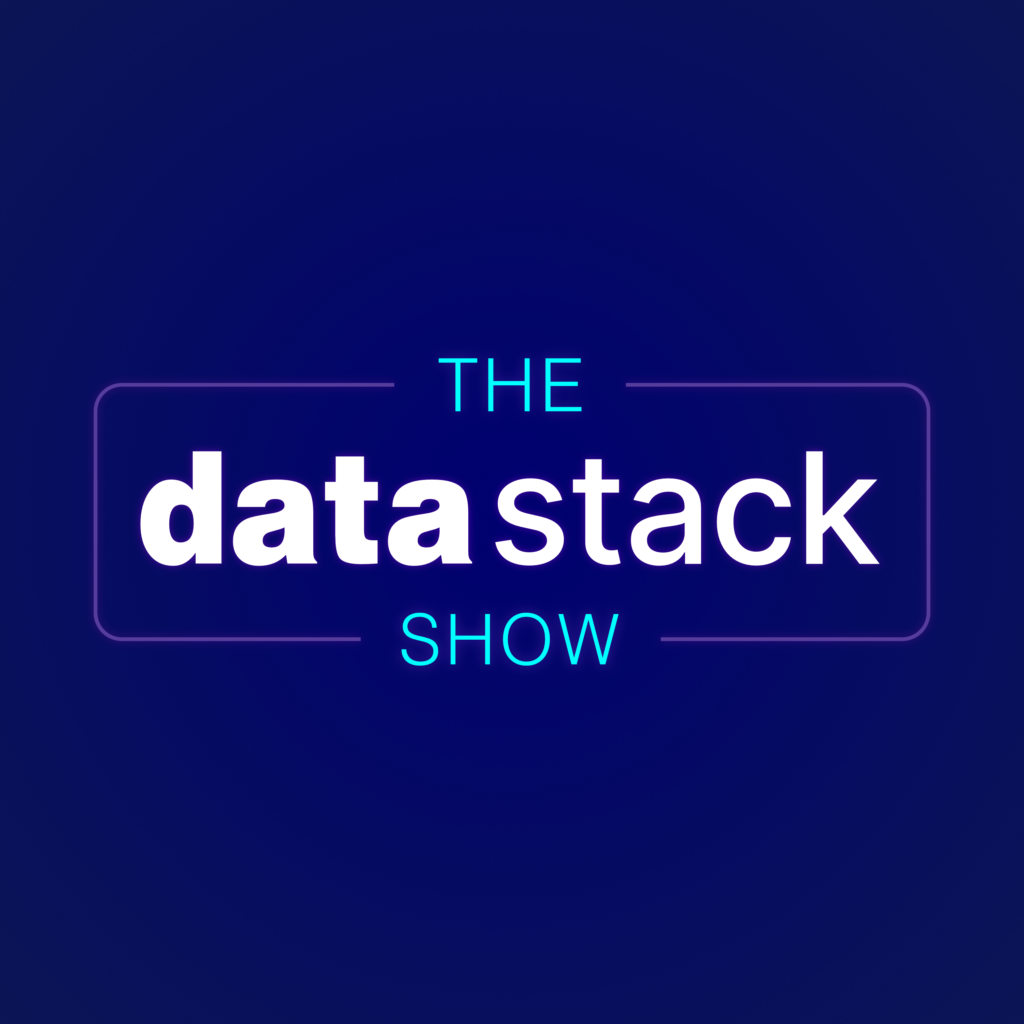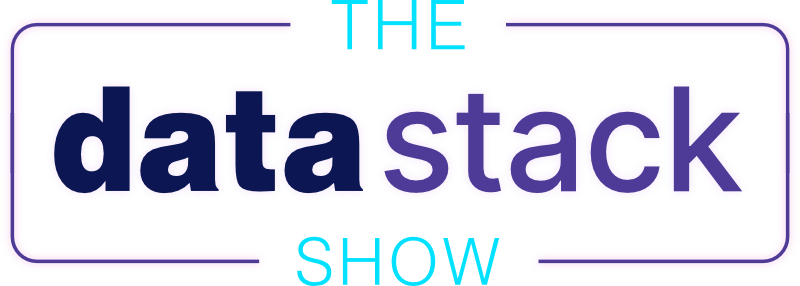
In this bonus episode, Eric and Kostas preview their upcoming conversation with Ashwin Kamath of Spectre.
The Data Stack Show is a weekly podcast powered by RudderStack, the CDP for developers. Each week we’ll talk to data engineers, analysts, and data scientists about their experience around building and maintaining data infrastructure, delivering data and data products, and driving better outcomes across their businesses with data.
RudderStack helps businesses make the most out of their customer data while ensuring data privacy and security. To learn more about RudderStack visit rudderstack.co
Eric Dodds 00:05
Welcome to The Data Stack Show prequel where we give you a preview of the show that we just recorded. Boy, this one was fascinating. My question for you based on this show, Kostas is Do you think that it’s possible for you and I to go raise money to start a hedge fund?
Kostas Pardalis 00:22
Oh, yeah, absolutely. Yeah. Yeah. I think we should DOT liking you. And your series of episodes that it’s going to be like our experience of trying to start a hedge funds? Mm hmm. Let’s do it. Let’s do that. I think
Eric Dodds 00:40
we could have a GoFundMe campaign for like, initial.
Kostas Pardalis 00:44
I mean, I don’t know is this like how you stopped this yet? Strongly have an idea of like? I don’t think so. May have maybe we should try it? I
Eric Dodds 00:53
definitely, I think there is a little bit of a difference between like, personal donations and institutional cap. Okay, but Ashwin, who we talked with on the show, in all seriousness, so he worked for a firm, which is like a, they provided sort of call them like micro loans, like one of the first big ones in the market. And then he went to work for one of the most like technologically advanced hedge funds in the entire world and built out a ton of their data infrastructure. And I was blown away at how much third party data, as he called it. Third, sort of they call it like, alternative data in the finance industry, which was interesting to me a new term. For me, personally, I was blown away at how much data I mean, terabytes of data, right? I mean, we sort of traffic and a lot of first party data in sort of our work and the customers that we serve at our companies, but goodness, gracious terabytes of alternative third party data is crazy. And it has to be accurate, because they’re doing things like algorithms that will like long or short of stock, right? So if you get it wrong, it’s really, really bad. Yeah. Which was crazy. So I mean, what did you think?
Kostas Pardalis 02:15
Yeah, first of all, I just remembered something that’s probably like a very, like, probably everyone knows, all Husky have like this company. And it’s like, it’s like, the business model is exactly that. Like they are like, selling data. And that’s for where, right? They don’t know how many people remember Foursquare. But the whole idea of,
Eric Dodds 02:40
like, check in, but then they actually were just a data brokerage, and then under selling the check in, day
Kostas Pardalis 02:45
out, so they were gamifying, let’s say the whole like moving our hand in like, yeah, you may or whatever. And, yeah, like these company with the data about cars collected like a moose boss, like decayed or something is like fueling, like, some breathing, pick applications that they need updated data out there. Sure. So that’s what they’re doing. Like they’re selling like, third party data rights geolocation data. Yep. So it is out there. I think it’s just like something that’s we don’t, as a consumer, you don’t really get exposure to is like, you know, what, I mean, you’re exposed, like to the results of using this data. But you’re not aware of it. Right? Yeah, fraud detection or getting like, real time, like, approval for a loan. Right. But all these services are based like on I don’t know, how many different signals that are collected. It’s not just like by the company, because the financial institution that like, gives the loan grants or loans, doesn’t necessarily car boxes, will comes in array, this data, right. So there is like an interesting dimension. That data market of their growth has to do with that. And we haven’t talked that much about that. I think like it’s worse. In the I agree, it’s a little bit more like, figuring out like certain. Yeah, and actually the
Eric Dodds 04:18
same Brexit we should try to find someone who is a broker in that space and get him on the show. That would be super interesting. The other really interesting thing, which we’re probably overtime because we’ve been a little bit verbose today but the other really interesting thing was that Ashwin, really, he framed data quality, in terms of practically in terms of like orchestration, which was really interesting to me. I mean, he talked about monitoring, but he didn’t, he didn’t discuss monitoring in terms of the hot companies out there that are doing like data observability or whatever, right? He really I mean, he was multiple times brought up data quality as a function of requirements and orchestration. And that to me was also really interesting. So if you want to hear about that definitely check the episode out.
Kostas Pardalis 05:23
Absolutely.
Eric Dodds 05:24
All right and with that this has been The Data Stack Show Creek we’ll, we’ll catch you on the next one. Subscribe if you haven’t, we also have a newsletter. We haven’t mentioned this in a long time. If you subscribe, let us know we also have a bunch of swag. If you want swag, just reach out. All you have to do is give us some feedback on what you like and don’t like about the show. You can email us fill out the form on the site etc. And Brooks will package up a shirt and a mug for you personally with a handwritten note and we will get it on the way. Catch you in the next one.

Each week we’ll talk to data engineers, analysts, and data scientists about their experience around building and maintaining data infrastructure, delivering data and data products, and driving better outcomes across their businesses with data.
To keep up to date with our future episodes, subscribe to our podcast on Apple, Spotify, Google, or the player of your choice.
Fill out the form below to get a monthly newsletter from The Data Stack Show team with a TL;DR of the previous month’s shows, a sneak peak at upcoming episodes, and curated links from Eric, Kostas, & show guests.